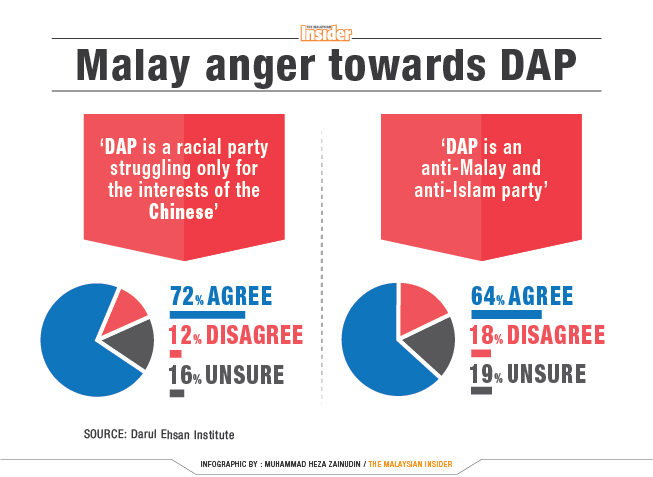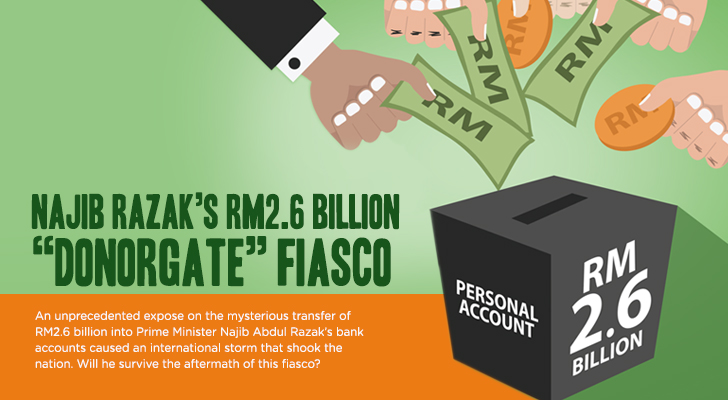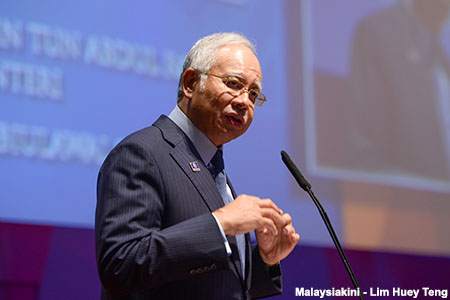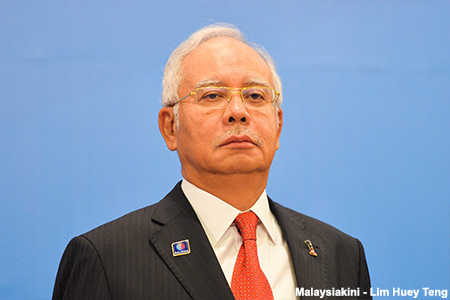— Tobin Harshaw
Malay Mail Online
January 8, 2016
JANUARY 8 —Saudi Arabia’s feud with Iran over the beheading of a prominent Shiah cleric led to a lot of overwrought speculation about Sunni-Shiah tensions rising to tear up the Middle East. Those more steeped in regional affairs point to the other 46 men beheaded, almost all of whom were Sunnis charged with terrorism.
The theory here is that the execution of the preacher, Nimr al-Nimr, was less about provoking Shiahs than pre-empting domestic outrage over the deaths of so many Sunnis, who make up 85 per cent of the country’s population. The kingdom has rarely been concerned with domestic opinion in its 90 years of statehood. Does Saudi Arabia now fear unrest among the masses? Should it?
Outside of North Korea and the New England Patriots, few institutions are more opaque than the Saudi royal court. But over the last year, the first in the reign of 80-year-old King Salman, the famously hidebound monarchy has undergone a shocking and risky makeover.
Salman, who took over last January 23 on the death of his half-brother King Abdullah, was widely expected to be just a caretaker. Instead, he took care of business. Within months, he replaced the anointed crown prince with his nephew Mohammed bin Nayef, the longtime interior minister. Yet he also watered down this new heir’s influence by dismantling the crown prince’s previously independent court.
The real winner was the king’s young son, Defence Minister Mohammed bin Salman, who became deputy crown prince and gatekeeper to those seeking the king’s attention. The prince was named head of the new Council of Economic and Development Affairs, which took over many powers of the finance ministry, and was given control over Saudi Aramco, the state-owned oil monopoly. (Yesterday, he suggested that the kingdom may consider selling a stake in the oil giant.) Continue reading “Saudi Arabia has bigger problems than Iran”



 Just a few weeks after the sensational Wall Street Journal (WSJ) expose in July, alleging that RM2.6 billion was transferred directly into Prime Minister Najib Abdul Razak’s bank accounts, major reshuffles in key government posts shocked the nation again.
Just a few weeks after the sensational Wall Street Journal (WSJ) expose in July, alleging that RM2.6 billion was transferred directly into Prime Minister Najib Abdul Razak’s bank accounts, major reshuffles in key government posts shocked the nation again. In 2015, “donations” took on new dimensions in the Malaysian lexicon. There are still more questions than answers about the RM2.6 billion transfer – purportedly from a mysterious Arab donor – directly to Prime Minister Najib Abdul Razak.
In 2015, “donations” took on new dimensions in the Malaysian lexicon. There are still more questions than answers about the RM2.6 billion transfer – purportedly from a mysterious Arab donor – directly to Prime Minister Najib Abdul Razak.